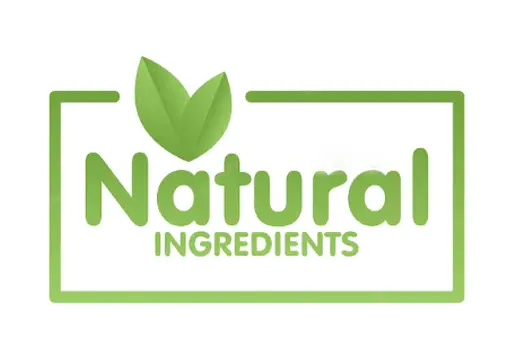Support for Heart Health
Alfalfa Background and Benefits
Alfalfa, scientifically called Medicago sativa, is a flowering plant of the Fabaceae family, which includes peas. It is more commonly known as alfalfa in Australia, New Zealand, South Africa, and the United Kingdom. Alfalfa's purple flowers resemble clover and grow in small clusters. The spiral-shaped fruits contain 10 to 20 seeds.
Alfalfa probably originated in southern and central Asia and has been used as a forage crop for more than 2,000 years. First cultivated in Iran, it is now cultivated in warm, temperate regions around the world. Alfalfa is usually harvested as hay, but can also be stored as silage or used as green cuttings.
The main value of alfalfa as a crop is its combination of high yield and nutritional value. In areas where it is well adapted, it usually has the best feed value and the highest yield of all forage crops. In addition, alfalfa is highly resistant to drought due to its deep root system.
Alfalfa's high protein content and digestible fiber make it especially valuable for dairy cows. It is also suitable for cattle, goats, horses, and sheep. Dried alfalfa and alfalfa concentrate are often used to feed poultry. Alfalfa is edible and the young sprouts are added to salads and sandwiches.
Alfalfa is especially useful when taken with a variety of vitamins and minerals. For this purpose, alfalfa leaves are generally dried and ground into a powder. Alfalfa is available in various forms, including loose powder, tablets, and tea.
Use of alfalfa
The high content of essential nutrients in alfalfa extract is one of the reasons it works so well in proprietary supplement blends. It may also be beneficial for people who need additional support for healthy cholesterol levels, symptoms of menopause, or blood health.Signs that you may need alfalfa
An unhealthy cholesterol profile and the accumulation of fatty deposits in artery walls are one of the main signs that you may need alfalfa.Menopausal symptoms are significantly reduced with the use of alfalfa.
Other signs that you should take alfalfa include symptoms of various nutrient deficiencies. In particular, a vitamin D deficiency may mean you need sun-dried alfalfa.






